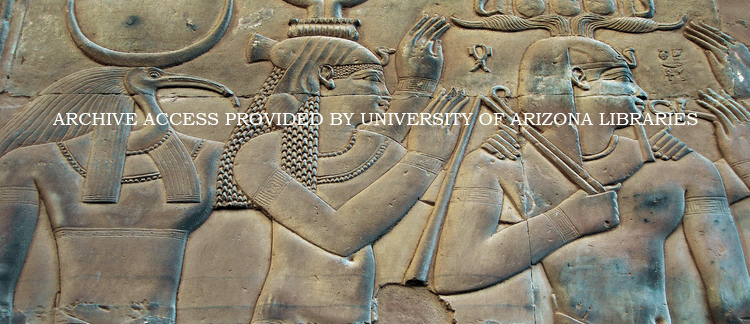Abstract
The diverse descriptions in the Hebrew Bible of Judahites/Israelites in Egypt reflect the dynamics of the geo-political relations between Yehud and Egypt, mainly during the Persian period. The different descriptions of the Judahite inhabitants in Egypt in Jeremiah 24:8, 42:7–22, and 44 and in Exodus 5 may indicate the changes of the attitude towards the Egyptian diaspora during the Persian period. A similar phenomenon is found in the priestly literature between Ezekiel 20 and Exodus 6. The changes in the pentateuchal texts may reflect the geo-political situation of the period from the revolt of Inaros (460 BCE) to the end of the reign of Darius II (404 BCE). A later redactional layer in the Pentateuch that is marked by a strong anti-Egyptian sentiment may have been a scribal response to pro-Egyptian positions in both Yehud and Egyptian diaspora during the 28th to 30th Egyptian Dynasties (404–343 BCE). The positive oracle towards Egypt and Egyptian diaspora in Isaiah 19:18-25 may reflect the period of Ptolemaic hegemony in Palestine around 300–200 BCE.
How to Cite
Jeon, J., (2018) “Egyptian Gola in Prophetic and Pentateuchal Traditions: A Socio-Historical Perspective”, Journal of Ancient Egyptian Interconnections 18(1), 12-23.
678
Views
300
Downloads
